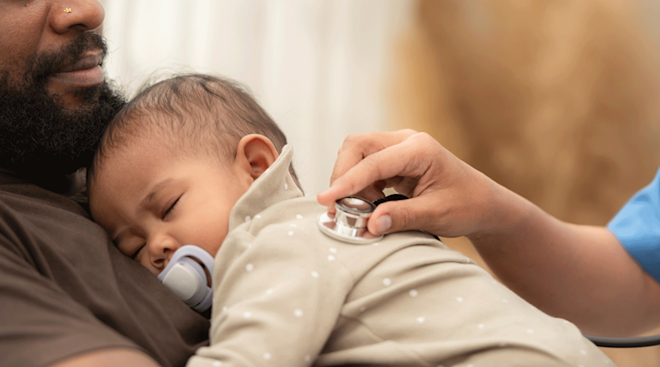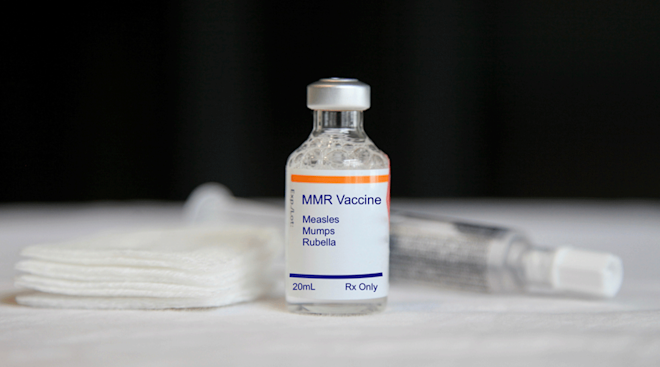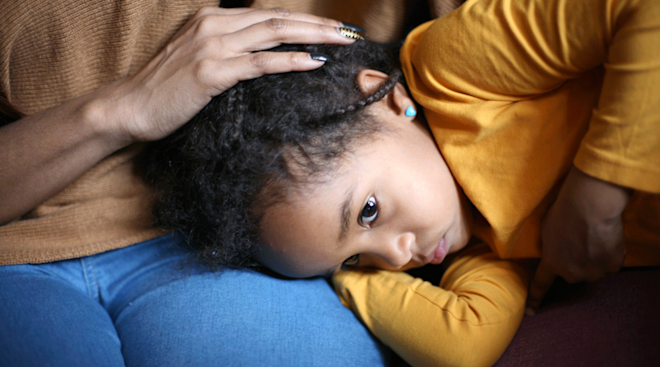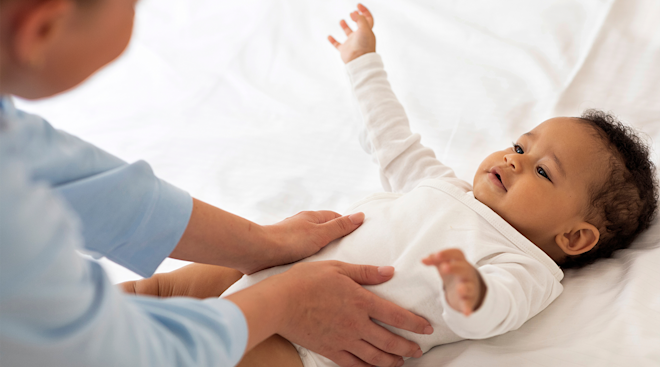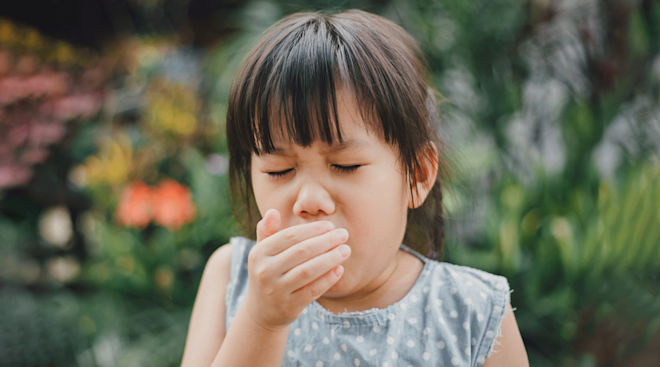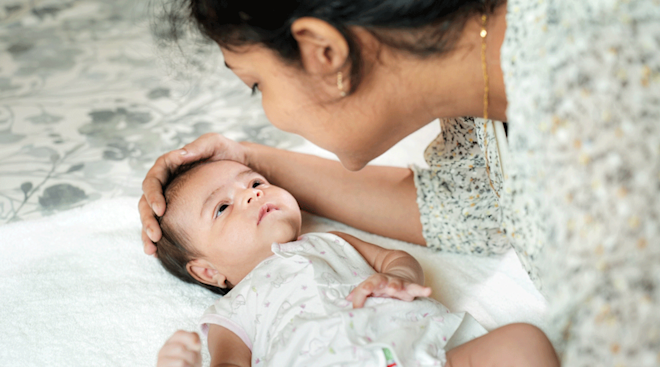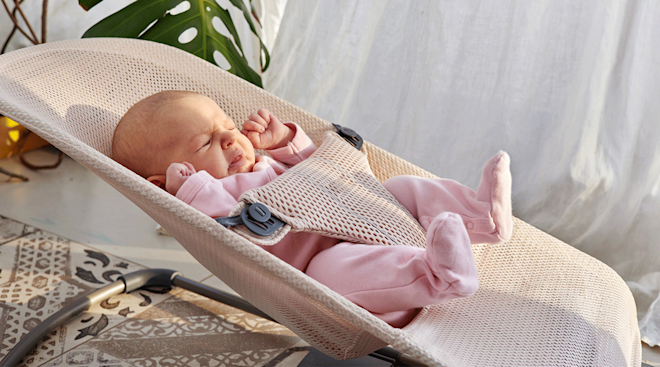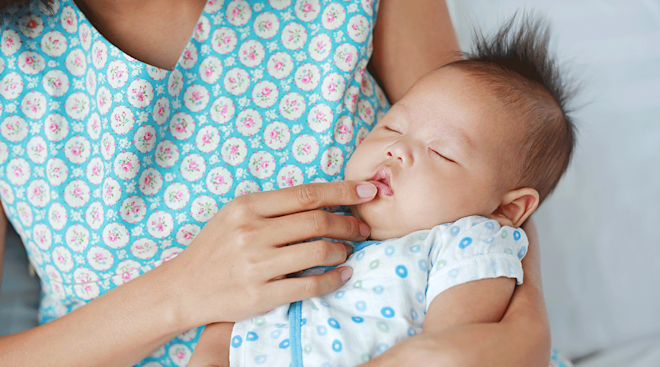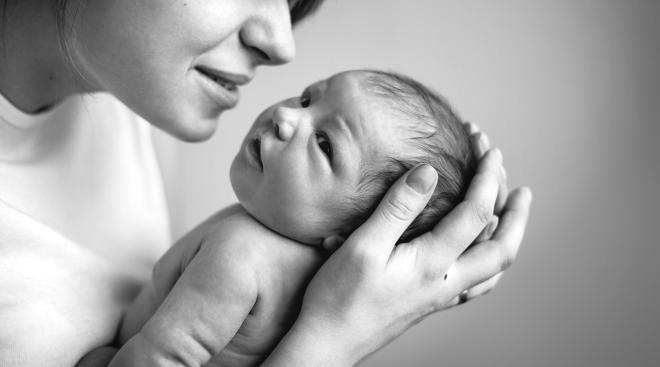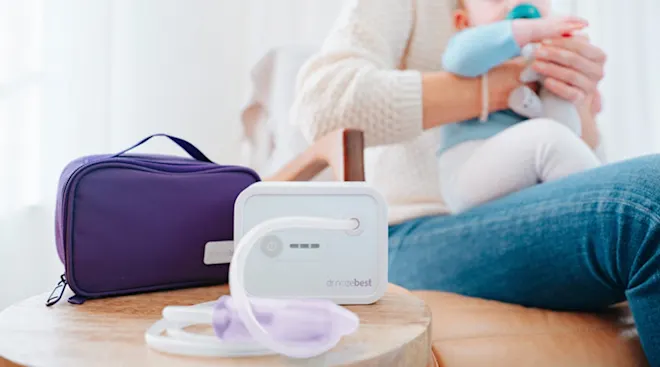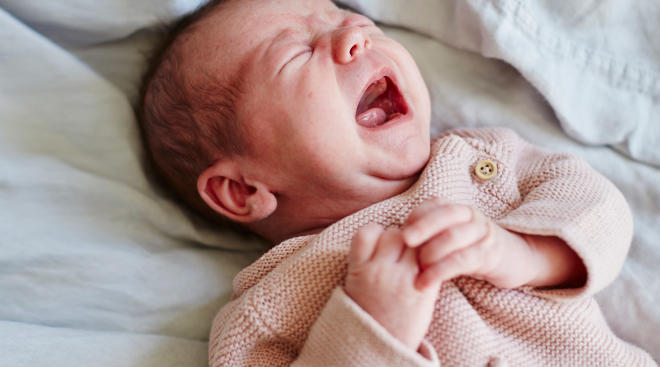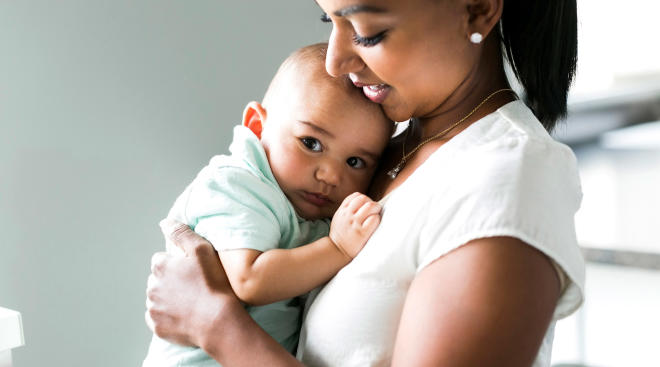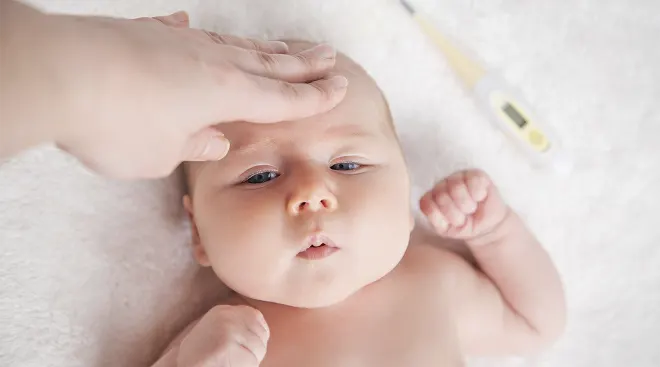Tonsillitis in Babies and Toddlers
What is tonsillitis in a baby?
Tonsillitis, sometimes called pharyngitis, is an inflammation of the tonsils, the two oval-shaped lymph nodes located on either side of the back of the throat. It can be caused by a virus or bacteria — most often, it’s a virus.
What are the symptoms of tonsillitis in babies?
A sore throat is the classic symptom of tonsillitis, but it can be hard to know baby has a sore throat if he can’t yet talk. Watch for decreased appetite and drooling; sometimes, a baby may drool more than usual when he has tonsillitis because it hurts to swallow.
Other symptoms of tonsillitis include a fever, voice changes (some moms swear they can diagnose tonsillitis by the sound of their child’s voice), bad breath, headache, ear pain and overall malaise.
Are there any tests for tonsillitis in babies?
Your doctor will check your child’s vital signs and look at his mouth, throat and ears; they’ll also feel the lymph nodes on your child’s neck. A kid with tonsillitis will generally have enlarged, reddened tonsils and swollen glands. He might also have patchy white spots on his tonsils.
You doctor probably won’t swab the back of your child’s throat to test for strep throat. “We usually don’t test kids under the age of two for strep throat,” says Natasha Burgert, MD, FAAP, pediatrician at Pediatric Associates in Kansas City, Missouri. “The reason we typically test for and treat strep throat is to prevent complications like rheumatic fever and kidney disease, but those don’t happen in kids under the age of two.”
How common is tonsillitis in babies?
Very common. Almost all kids will have multiple bouts of tonsillitis throughout childhood.
How did my baby get tonsillitis?
Tonsillitis is most often caused by a common cold virus, and viruses can be spread through the air or by direct contact. Simply being around someone else who has tonsillitis might be enough for your child to contract a sore throat.
What’s the best way to treat tonsillitis in babies?
“Under age two, the best treatment for tonsillitis is symptomatic care,” Burgert says. Acetaminophen or ibuprofen can help ease the pain and lower fever. Offer soft foods, such as bananas or pudding, which will be easier on baby’s throat than hard, scratchy foods, like toast. Encourage fluids. It’s really easy for kids to become dehydrated when they have tonsillitis, because they don’t want to drink if swallowing hurts. Offer small, frequent doses of liquids. (Soup, ice cream and popsicles count!)
Antibiotics aren’t usually prescribed for tonsillitis because antibiotics treat bacteria — and most cases of tonsillitis are caused by a virus.
What can I do to prevent my baby from getting tonsillitis?
The best you can do: Wash your child’s hands frequently during cold and flu season and keep him away from people who are sick. Easier said than done, right?
What do other moms do when their babies have tonsillitis?
“Over a period of 10 days, my daughter had an ear infection, bacterial tonsillitis and then the stomach bug. It went through our home quickly. This weekend, I changed every filter (water, furnace and humidifier), vacuumed and scrubbed toys. It’s frustrating, but her doctor says that because she’s in day care she’s more likely to pick up germs and that she’s building her immune system.”
“My son has a history of sore throats. He’s just getting over tonsillitis. It’s terrible because he won’t eat, and his breath is terrible. Plus, I can tell he’s in pain. He was hospitalized before due to hydration and mono. As soon as they started pumping him with fluids, he was so much better.”
“She just can’t shake whatever it is she has. She’s sleeping a ton and barely eating at all. As of Friday night, she’s also coughing all the time. I am beyond frustrated. The pediatrician says it’s a virus, but since I have so many things going on (bronchitis, tonsillitis, ear infection and sinus infection), he started her on an antibiotic too.”
Are there any other resources for tonsillitis in babies?
The Bump expert: Natasha Burgert, MD, FAAP, pediatrician at Pediatric Associates in Kansas City, Missouri. She blogs at _ kckidsdoc.com._
Please note: The Bump and the materials and information it contains are not intended to, and do not constitute, medical or other health advice or diagnosis and should not be used as such. You should always consult with a qualified physician or health professional about your specific circumstances.
Navigate forward to interact with the calendar and select a date. Press the question mark key to get the keyboard shortcuts for changing dates.

































